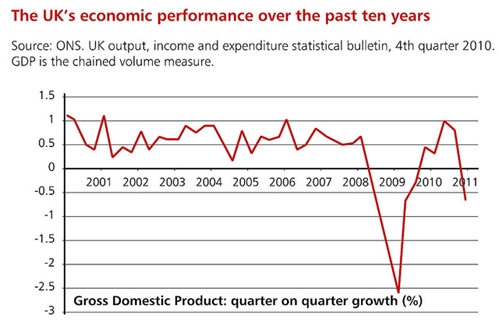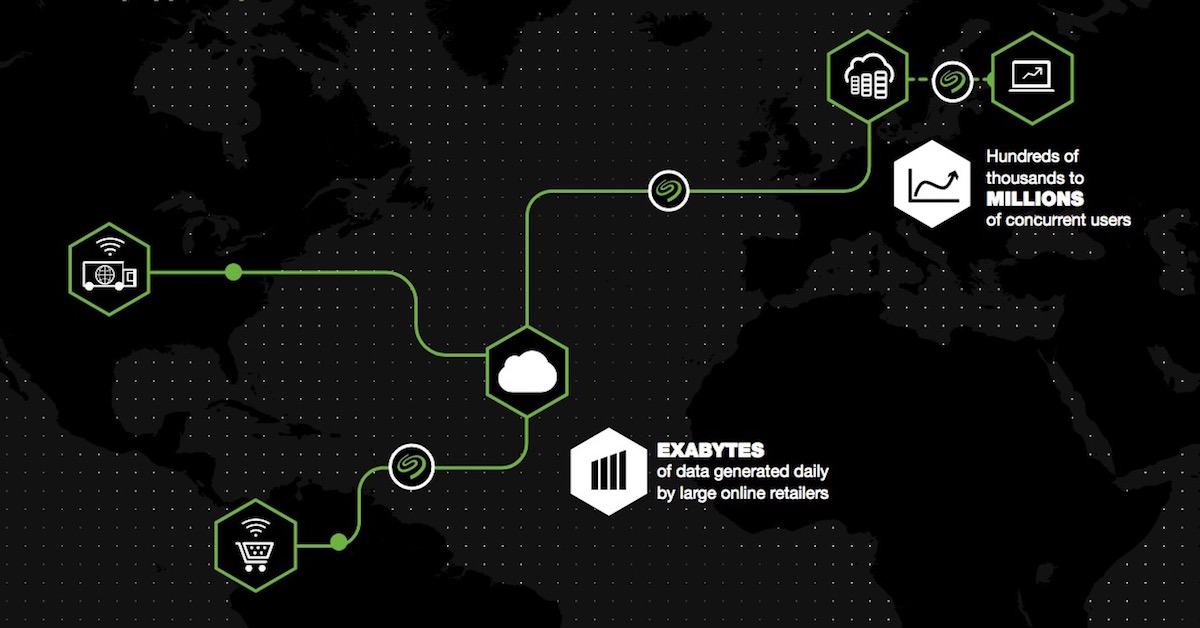One of the major decisions that goes into crafting a cloud strategy is determining which applications or features are best suited for being hosted in third-party infrastructure. A number of businesses also utilize cloud storage for specific purposes such as archival or backup. As with any IT deployment, the cost effectiveness of the solution largely depends on how the customer uses it and the hardware behind the solution.
Trends in business intelligence and data analytics have made the technology well-suited for the cloud. As TechTarget contributor Tom Nolle noted, the cloud facilitates accessibility to reports and enterprise data. However, many companies find that utilizing cloud storage for BI is still cost prohibitive.
"Making big data real without becoming excessively large is an exercise in the first of our two data cost management approaches, data abstraction," Nolle wrote. "Data abstraction is a mechanism that produces one or more summary databases from raw company information – small enough to be stored in the cloud economically."
Evaluating what data actually needs to be analyzed is essential for effective abstraction strategies. Nolle used the example of analytics that is looking for large trends. In these cases, summary databases could be stored in the cloud and analyzed without resulting in excessive expenses.
Despite total cost of ownership concerns, interest in cloud-based analytics is expected to grow. According to the report "Cloud Based Business Analytics Market – Global Forecast and Analysis (2013 to 2018)," more than 13 percent of organizations already have cloud-based BI solutions. However, that number is expected to reach 50 percent by 2018. Analysts attributed the growth to rising volumes of data and the ability to access analysis software from mobile devices.







